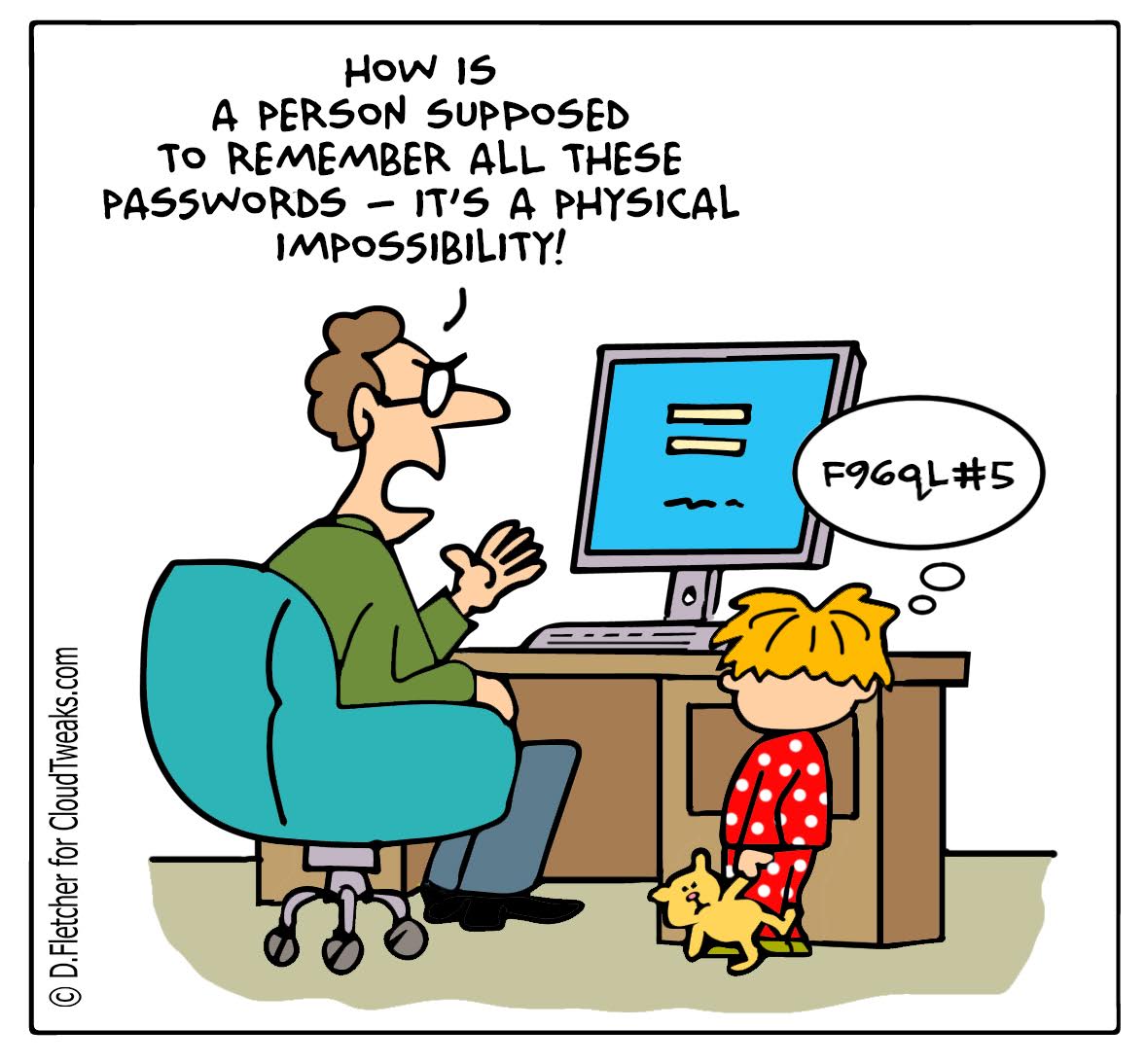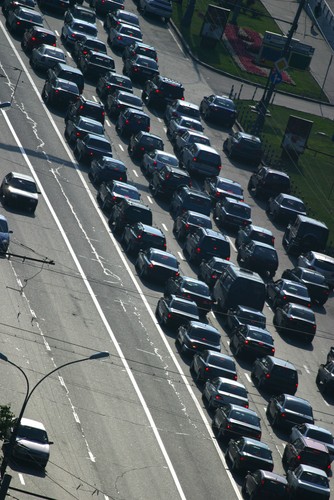You’ve spent time, effort, and money building your website, so don’t let it become outdated and run-down by not taking proper care of it. Here are tips on WordPress Website security, speed, and stability to ensure you get the most out of your site as possible. As you do this, consider the Maintenance Cost of WordPress Website and ensure you don’t spend more than necessary. After all, once the site is built and set up, maintenance costs should be minimal and predictable over time.
You can do many things to ensure your WordPress website’s success, but one of the most important things you can do is maintain your website.
Ensuring WordPress Website Security

It is easy for hackers to target all sites on that server and take down multiple websites at once using DDoS attacks or hacks. The best way to prevent such attacks from succeeding is to use an SSL certificate to secure your WordPress site. It not only secures your website from external threats but also ensures the high-speed performance of your website.
1: Don’t Use Nulled Themes.
While you might tempt to use a nulled theme – a theme for which you don’t have to pay because it has been stolen from someone else and then resold online – we strongly recommend against it.
Nulled themes have no guarantee of security or quality and offer no support. You’ll never know what your site will look like in the future or how many times the theme was sold before it came to you.
However, some sites offer nulled or cracked themes. A nulled or cracked theme is a modified version of a premium theme obtained illegally. It is also very dangerous for your site. Those themes include hidden malicious codes that could delete your website and all its content or use your login credentials.
2: Never try to create a User with “admin” Name.
You already know that not to use admin as a username for any account. It’s so ubiquitous that people don’t even stop to think about it anymore. It can be dangerous because it gets you into using common usernames like admin and administrator.
The problem is these usernames aren’t reserved by default; they’re just used often enough to take them by default. You should always create new users with a username that doesn’t resemble an admin or administrator—especially if you want your website to be secure against hackers looking for vulnerable accounts that have those names.
3: Use Strong Password

As a website administrator, it’s your job to ensure all passwords on your WordPress installation are secure. First and foremost, you must use strong passwords. Strong passwords consist of a combination of letters and numbers with no fewer than eight characters in length.
It is strongly recommended that you use an entirely different password for each site you administer. Of course, remembering these complex passwords can be difficult; you can write down these passwords that no one can reach except you.
4: Use security plugins to prevent hacking.
The internet is of considerable size place full of people with bad intentions.
However, if you use security plugins and firewall software to monitor and prevent hacking attempts on your site, you can help keep your website secure. Brute force protection plugins avert such types of attacks. They limit the number of logins attempts from an IP address.
5: Install SSL Certificate for Website Security
SSL is now a benefit for all types of websites. SSL was initially required to secure a website for certain transactions such as payments processing. Google recognizes the importance of SSL certificates and gives sites with them a higher ranking in its search results. It is necessary therefore to install SSL certificate for website security.
SSL certificates can be used to enhance your site’s security. SSL certificates encrypt data between a browser and web server and protect information, from passwords to credit card numbers.
To ensure security and stability, you need to ensure that your website is secured. SSL certificate carries Domain Validated SSL, OV SSL Certificate and EV SSL Certificate types, which will help secure your website by encrypting all data communication over the internet. Thus, your data will be encrypted at rest and in transit over the internet. You can get these certificates from ssl providers.
This step should be taken very seriously as it ensures the security of your data which may contain credit card information or any other sensitive information like social security number.
Ensuring WordPress Website Speed
If you want to avoid dealing with slow-loading web pages and potential security risks, follow these three tips to maintain the speed of your WordPress website.
1: Reduce image sizes
Choosing a large image for your website can slow it down significantly. It can be difficult for you and your users if you have huge images on your site. Try reducing those massive images that are slowing everything down is an easy way to speed up your site. Use a tool like TinyPNG or ImageOptimizer to optimize all of your graphics, which will make them smaller in size but still retain their original quality. It will save time loading too!
2: Avoid builder plugins when not in use.
Builder plugins are great, but they can also cause unnecessary bloat. It is particularly true when it comes to caching, which might be your best friend on a site where you’re publishing new content regularly—but can become a nightmare if you don’t know what you’re doing.
To keep your website running fast and efficient, avoid builder plugins when they aren’t in use. Not only will it help keep your loading times down, but it will also improve security and give you more control over caching.
3: Keep plugins at a minimum.

One way to maintain your website’s speed is by keeping plugins at a minimum. Although many plugins can add interesting functionality, they can also slow down your site—especially regarding security plugins. Instead of installing every plugin you come across, find out which ones are most important for your needs and only install those. If you still want additional features or different types of protection, there are plenty of free and paid plugins that won’t drag your site down.
4: Choose a better web hosting provider.
Web hosting services host your website’s files and database on their servers. If your website is large or receives a lot of traffic, you might need more than one server to support it. Some hosting providers give customers many choices, whereas others are built for speed above all else.
Choose a provider that offers both variety and performance: It’s usually worth paying extra for a fast website if you don’t have time for dilly-dallying or technical mishaps like hacked databases and crashes.
Ensuring WordPress Website Stability
Whether you’re looking to protect sensitive data or want to ensure your site stays up and running at all times, take these steps to improve the stability of your WordPress website today!
1 :A dedicated server reduces the risk of downtime.
A dedicated server is a server you pay for, not a shared hosting account or website builder. It’s much less likely that other users on the same server will be affected by an attack or outage, so if it ever happens to you, it won’t take down everyone else who’s using that server too.
This makes it much more secure since it’s only you on that machine and not other people/companies. When possible, choose a Virtual Private Server (VPS) because you have more control over which hardware resources are assigned to your instance and can generally get more out of them.
2: Back-Up Frequently
It may seem cliché, but if you don’t have backups and copies of your data, you’re putting yourself at high risk for lost work or downtime. That being said, you shouldn’t just randomly dump files in one location—backup to multiple locations (whether on an external hard drive or using cloud storage) so that if one backup fails, there are other backups.
Also, consider using an SSL certificate; it will help protect you from man-in-the-middle attacks and ensure your site is always available.
3: Manage Updates Carefully
The approach to stability is slightly different. You want to make sure your themes and plugins are up-to-date in the same manner as before.
You might want to focus on updating and maintaining only a handful of sites, especially as you start getting your bearings in terms of scalability. You don’t want to handle more updates than necessary since keeping track can be difficult.
Final Words
A WordPress website can be a great solution for many websites out there. The main benefit is that it is easy to use, and the maintenance Cost of WordPress website is not very high. With just a little effort and time, you will have your website up and running in no time at all. There are many ways to make sure that your website stays secure, stable, and fast; you need to research them before deciding which way is best for you.
By Gary Bernstein

Gary has written for several publications over the last 20 years with his primary focus on technology. He has contributed to sites such as Forbes, Mashable, TechCrunch and several others.
